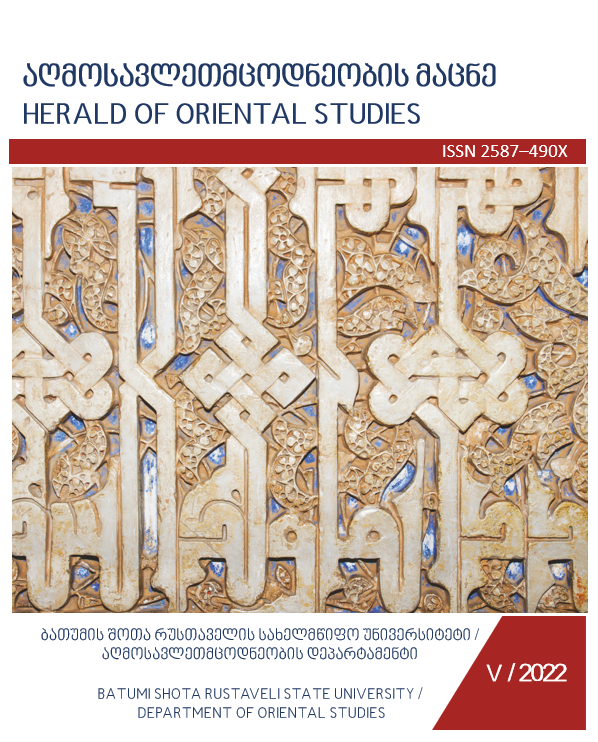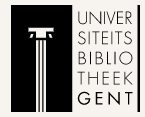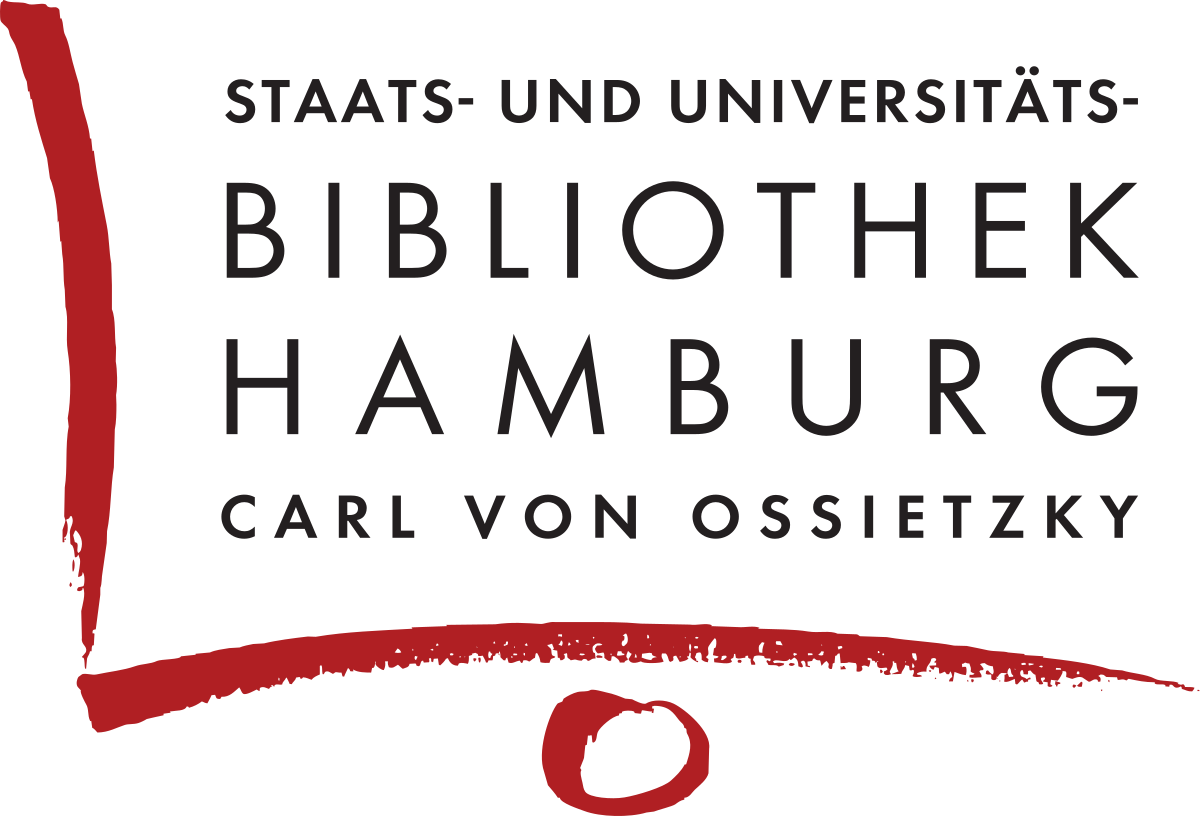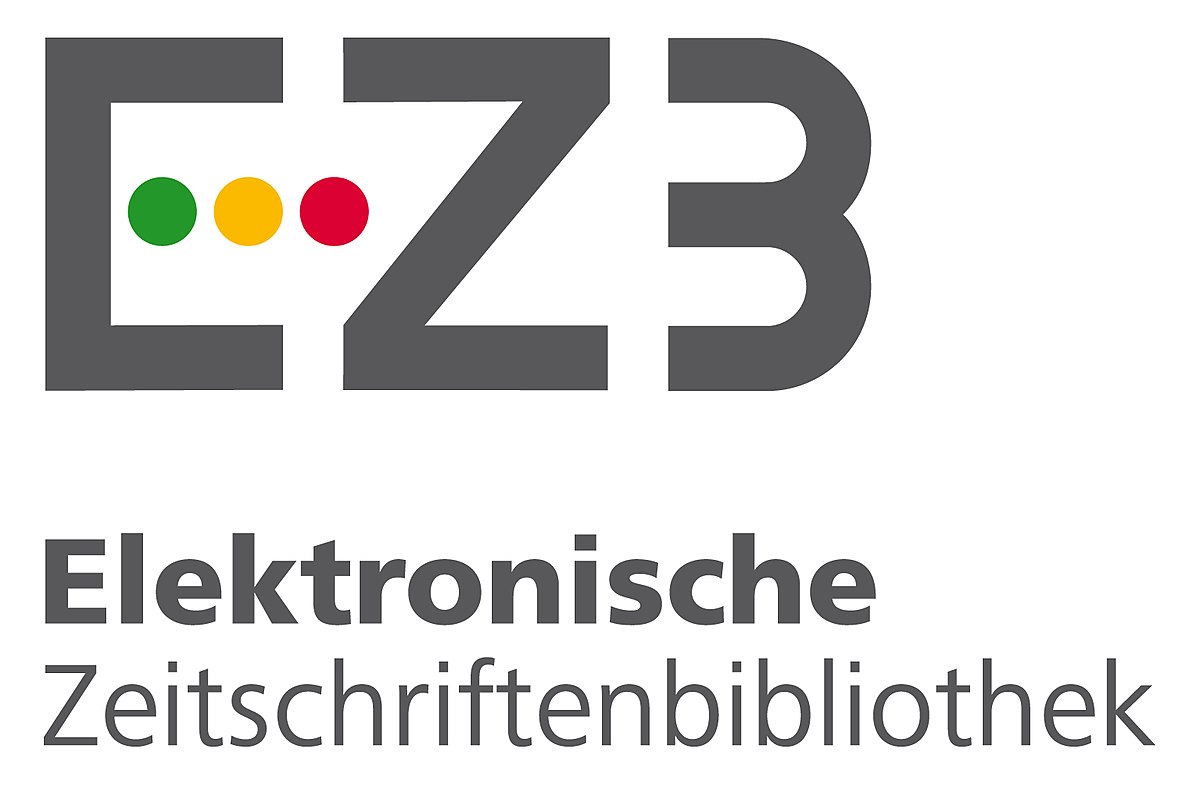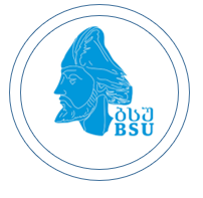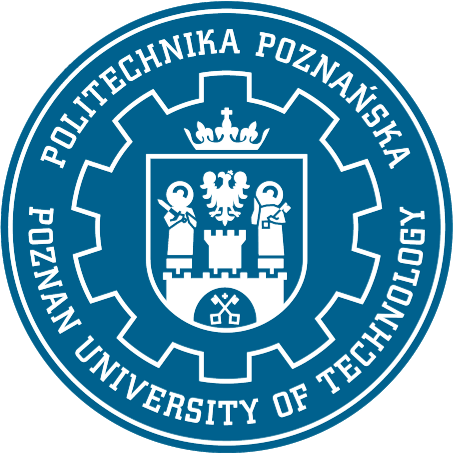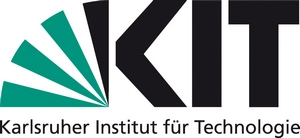Chinese political and intellectual elites in the late Qing dynasty and the beginning of republican era
DOI:
https://doi.org/10.61671/hos.5.2022.5933Keywords:
Century of Humiliation, Xinhai Revolution, Chinese intellectuals, Neo-Confucianism, Qing Dynasty, Republic of ChinaAbstract
The nineteenth century is a remarkable period in global history. The technological and ideological changes that took place during that period left a serious mark on the development of the peoples of the world. This period has big importance and also somewhat critical significance for the Chinese Empire. The political elite of the Qing dynasty did not understand exactly the changes taking place in the outside world, they did not open their own country for trade with the global actors of that time and let the empire stay behind the industrialization and other global processes. At the same time, Great Britain's desire to gain access to the Chinese market was so great that they even went to war to protect the opium trade line.
Antagonistic and in some cases peaceful interactions with the Western society have also created intellectual groups in Chinese political elite with different visions, values, resistance tactics and etc. However, they were united in their desire to modernize and develop Chinese state in such a way that foreign actors no longer had the opportunity to humiliate and disgrace the central kingdom. The division of Chinese intellectuals into several groups is conditional and aims to better highlight the distinguishing features of the Chinese political class in the late Qing period and the early Republic. Dividing into four groups on the one hand makes chronological perception easier, on the other hand highlights the common values and visions from each group. Study clarified following groups with the same ideological and political views:
First generation- Lin Zexu & Zeng Guofan, 1840s-1860s.
Second generation- Kang youwei & Liang Qichao. The end of 19th century and beginning of 20th century.
Third generations- Sun Yatsen and republican revolutionists. The beginning of 20th century.
The fourth generations- early socialists, Chen Duxiu & Li Dazhao. 1920s.
The above-mentioned individuals and their followers combined the motley palette of Chinese society. The purpose of the study is to highlight the characteristics of each fraction, to group them according to the value system, which will make it easier for the Georgian-speaking audience to more deeply understand the ideological-value gradation of the Chinese political establishment at the end of the nineteenth and the beginning of the twentieth century.
Downloads
Downloads
Published
How to Cite
Issue
Section
License

This work is licensed under a Creative Commons Attribution-ShareAlike 4.0 International License.

